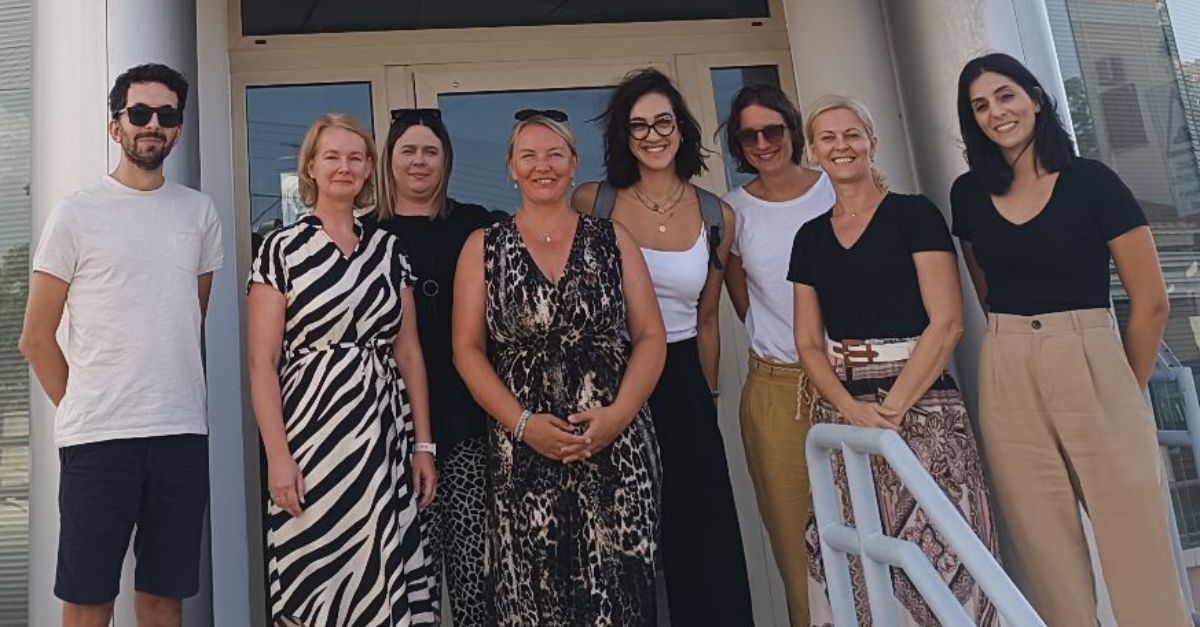The SVEB is involved in numerous international projects. But why? SVEB employee and international project manager Marianne Müller explains how Switzerland benefits from knowledge transfer and the network.
To what extent are international commitment and international projects important for the Swiss continuing education system?
The Swiss continuing education system cannot operate in isolation in today’s global world. Global developments – and particularly developments in the EU area – must be taken into account when designing the CET system. I see two main reasons why international engagement is essential: firstly, it’s about networking: by participating in various networks and maintaining contacts with many partners in and outside Europe, the SVEB can help shape the international discourse on CET-specific issues. Secondly, it is about knowledge transfer: through international cooperation, new ideas, methods and best practices from other countries can be integrated into the Swiss continuing education system. This promotes innovation and improves the quality of the educational offers. At the same time, know-how can be transferred from Switzerland to other countries. By comparison, Switzerland has a highly developed continuing education system and can therefore offer a great deal of know-how.
How has the international influence on the Swiss continuing education system changed in recent years?
International influence on the Swiss continuing education system is tending to increase – from a professional, political and commercial point of view. Continuing education systems are affected by ecological and geopolitical crises, technical developments and social changes in similar ways and can benefit from a common approach. In professional terms, for example, these are discussions on micro-credentials or the teaching of sustainability skills. On the political side, for example, Switzerland’s status as a non-EU country and the resulting limited access to corresponding EU channels are an issue. But other geopolitical developments also have an influence on the continuing education system. And from a commercial point of view, international competition is also an important topic, which has increased due to the possibilities offered by online courses.
Where and how is the SVEB involved?
The SVEB’s international work has a long tradition. Over the past decades, the focus region of Eastern Europe has emerged. We are well networked in this region and have successfully implemented projects in various countries and with various project partners. For example, we have implemented the GO model in over 10 companies in Hungary and created an information platform on professionalisation and quality issues. In Belarus, we have established BelaQua, a quality assurance system modelled on eduQUa. In Serbia and Montenegro, the SVEB has developed a modular training programme for trainers based on the Swiss model (AdA) in cooperation with local partner institutions. These are just a few examples. And of course we are also active in other regions, such as Kyrgyzstan, where we are involved in a project that aims to strengthen the employability of the Kyrgyz population through appropriate training and continuing education measures.
Can you name any specific benefits that have arisen for the Swiss continuing education sector from these projects and commitments?
International exchange always brings advantages for Switzerland as well. We gain insights into other systems and approaches. The Erasmus+ projects, as well as the projects funded by SERI, are strongly geared towards ensuring that all participating countries benefit. Several products have already emerged from the Erasmus+ projects that also serve the Swiss continuing education sector: For example, a toolbox for transformative learning or language courses with virtual reality. We are currently working on a project that deals with the implementation of micro-credentials. This is of course also very exciting for Switzerland.
It seems that since the coronavirus pandemic has passed, people are increasingly meeting again in person – including for international exchanges. Is that really necessary?
The impression is correct. During the pandemic, of course, everything took place online. Even today, many more meetings are held online than before the pandemic. But of course we are also meeting in person again. In my opinion, a minimum of personal contact is essential for projects to succeed. It makes a difference whether you only know each other online or whether you have met in person. If we know each other personally in a project consortium, it has a positive influence on the involvement and motivation of the project partners.

